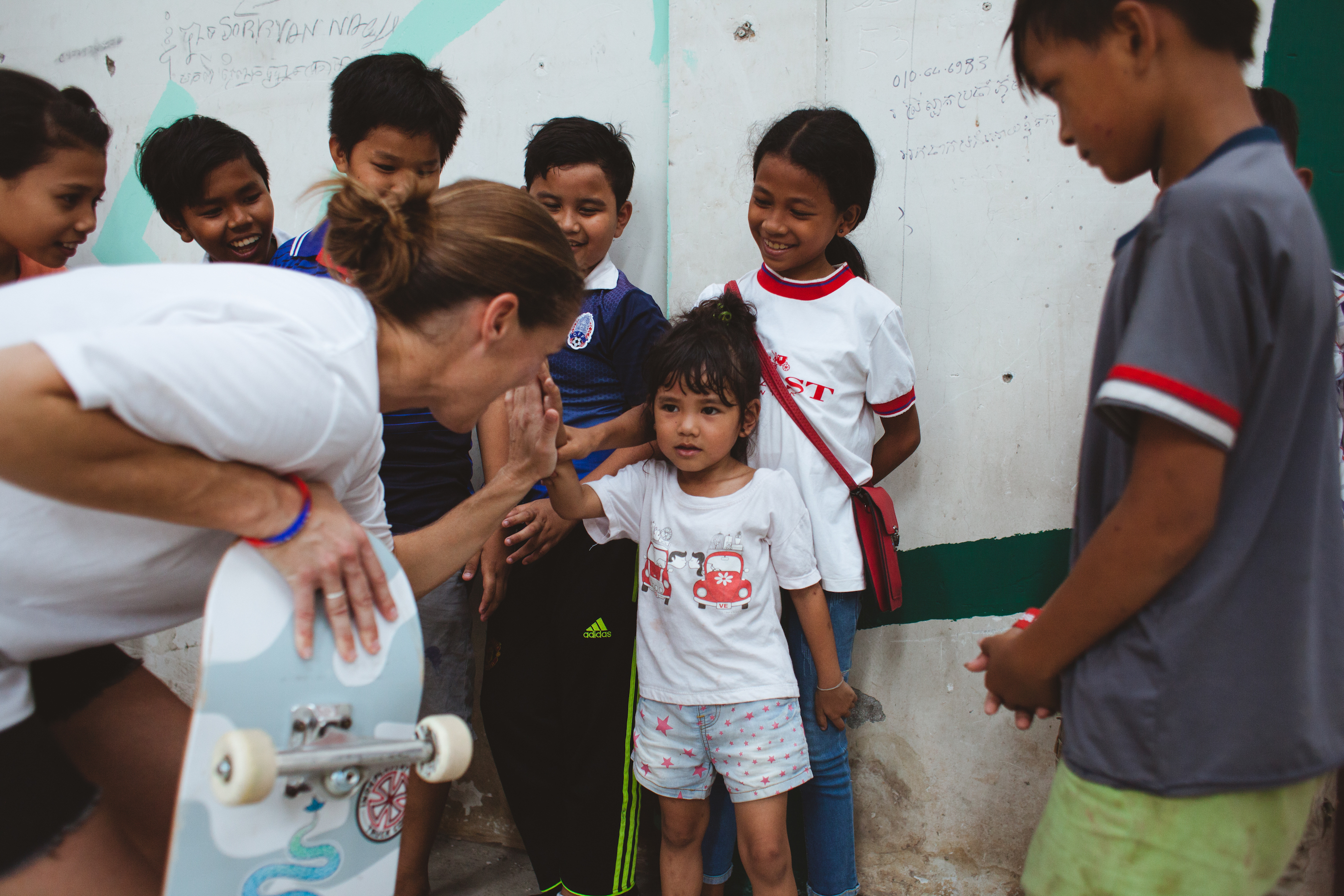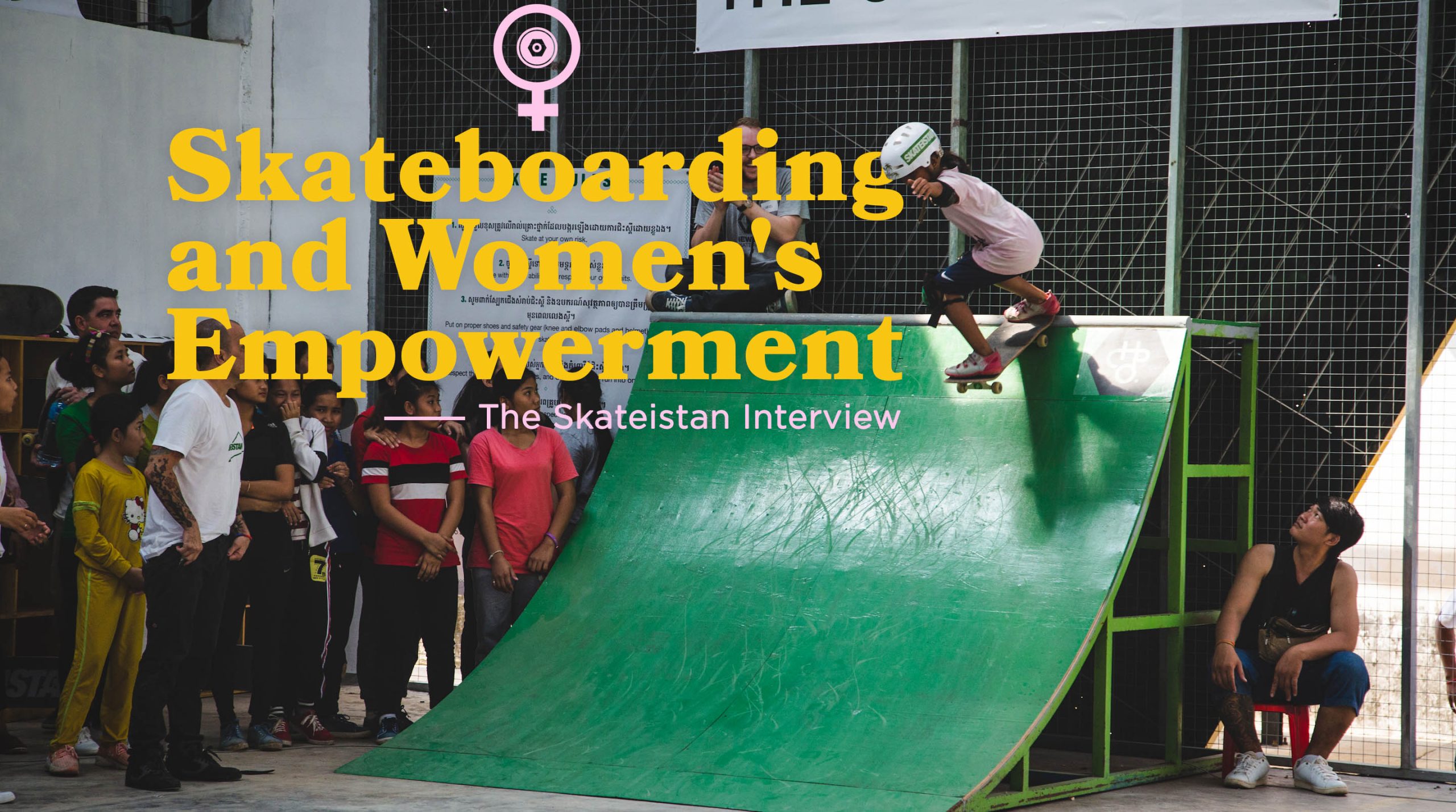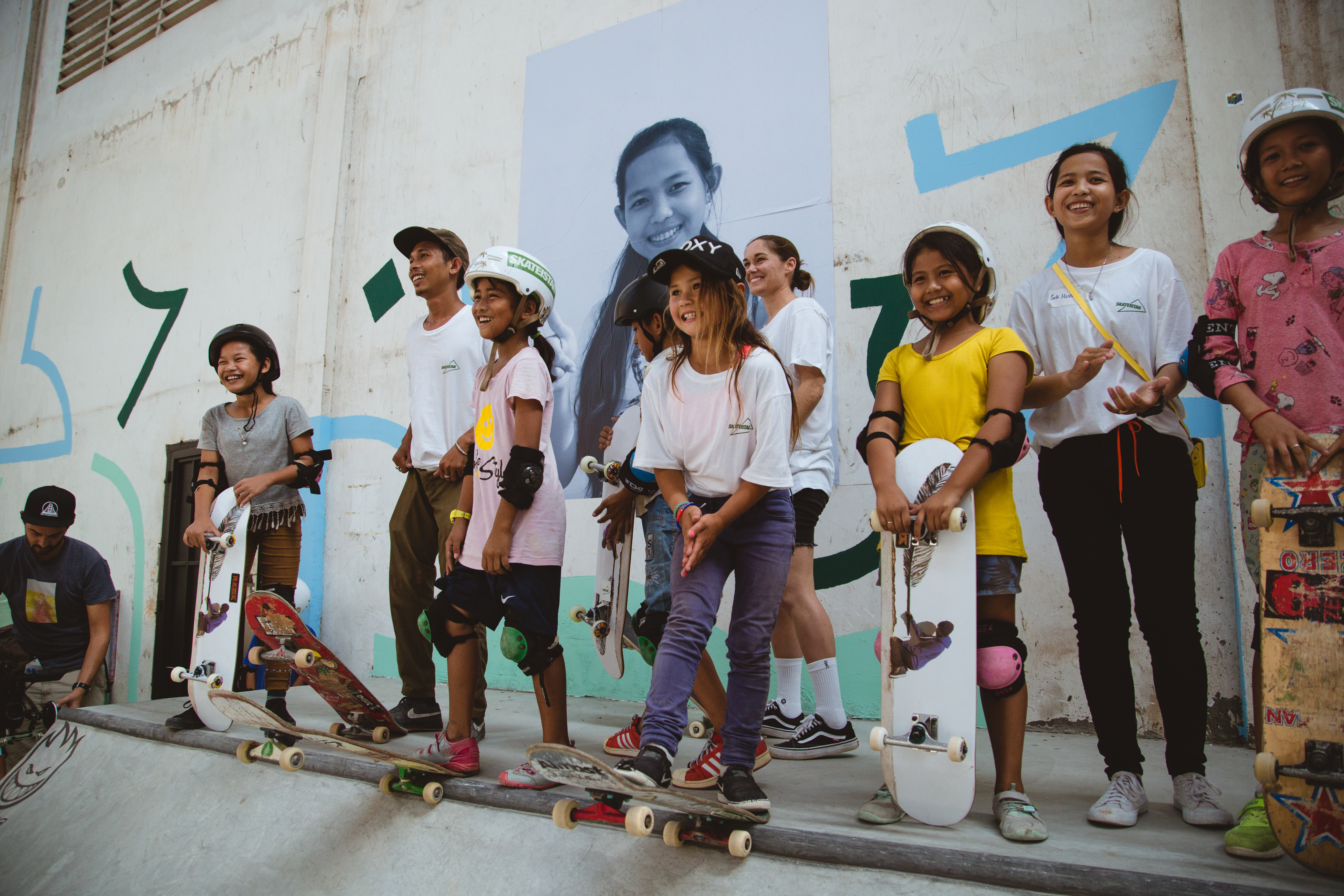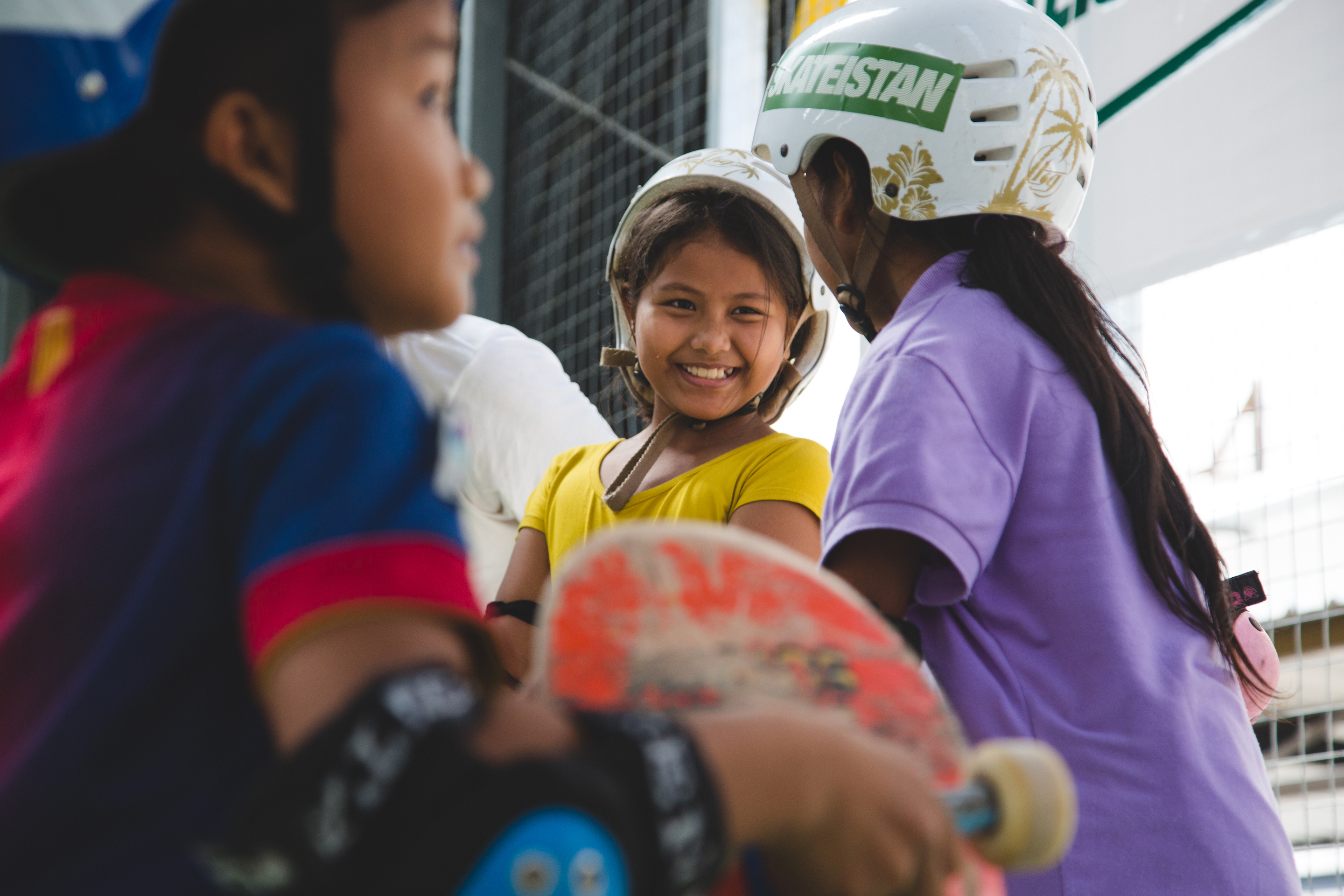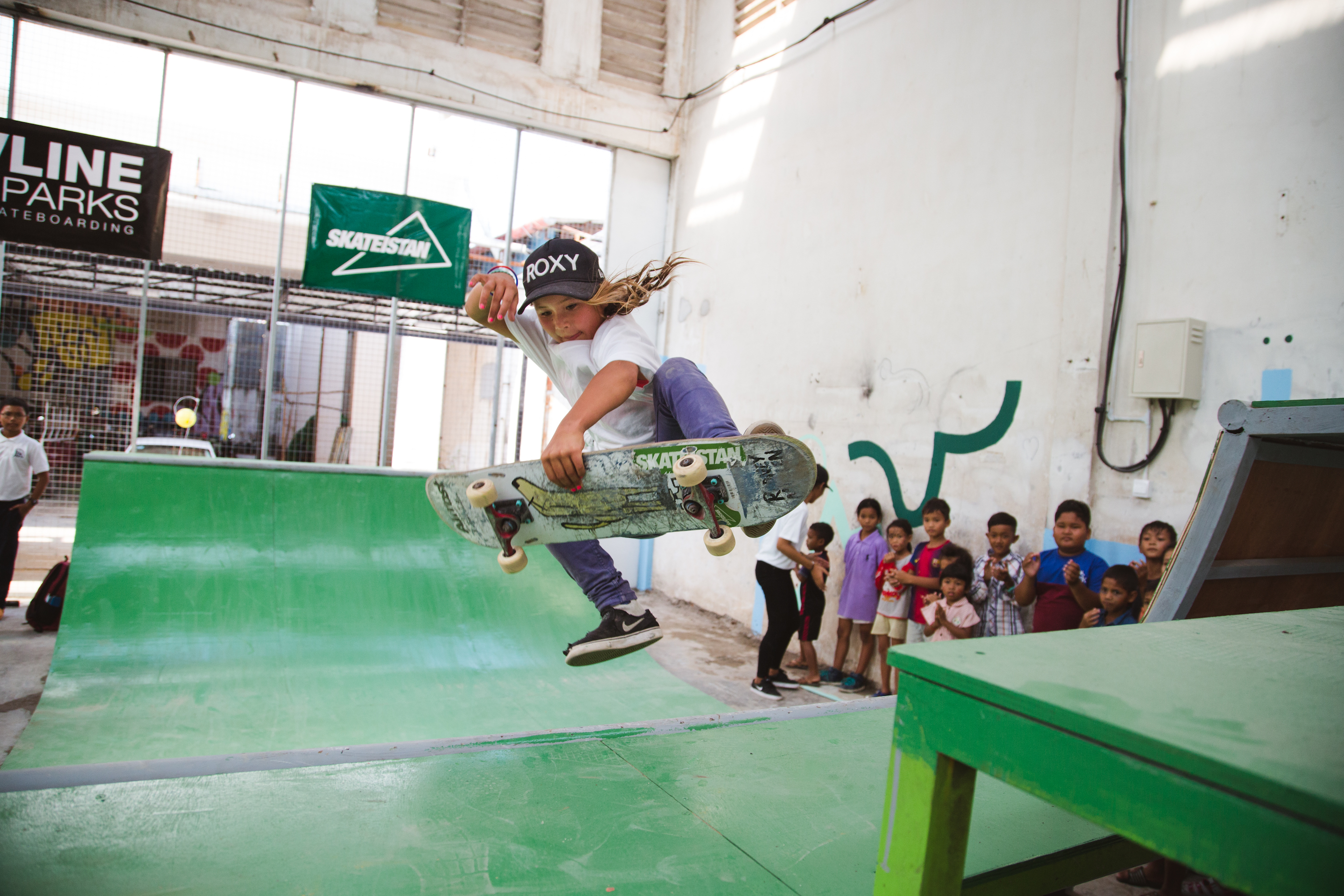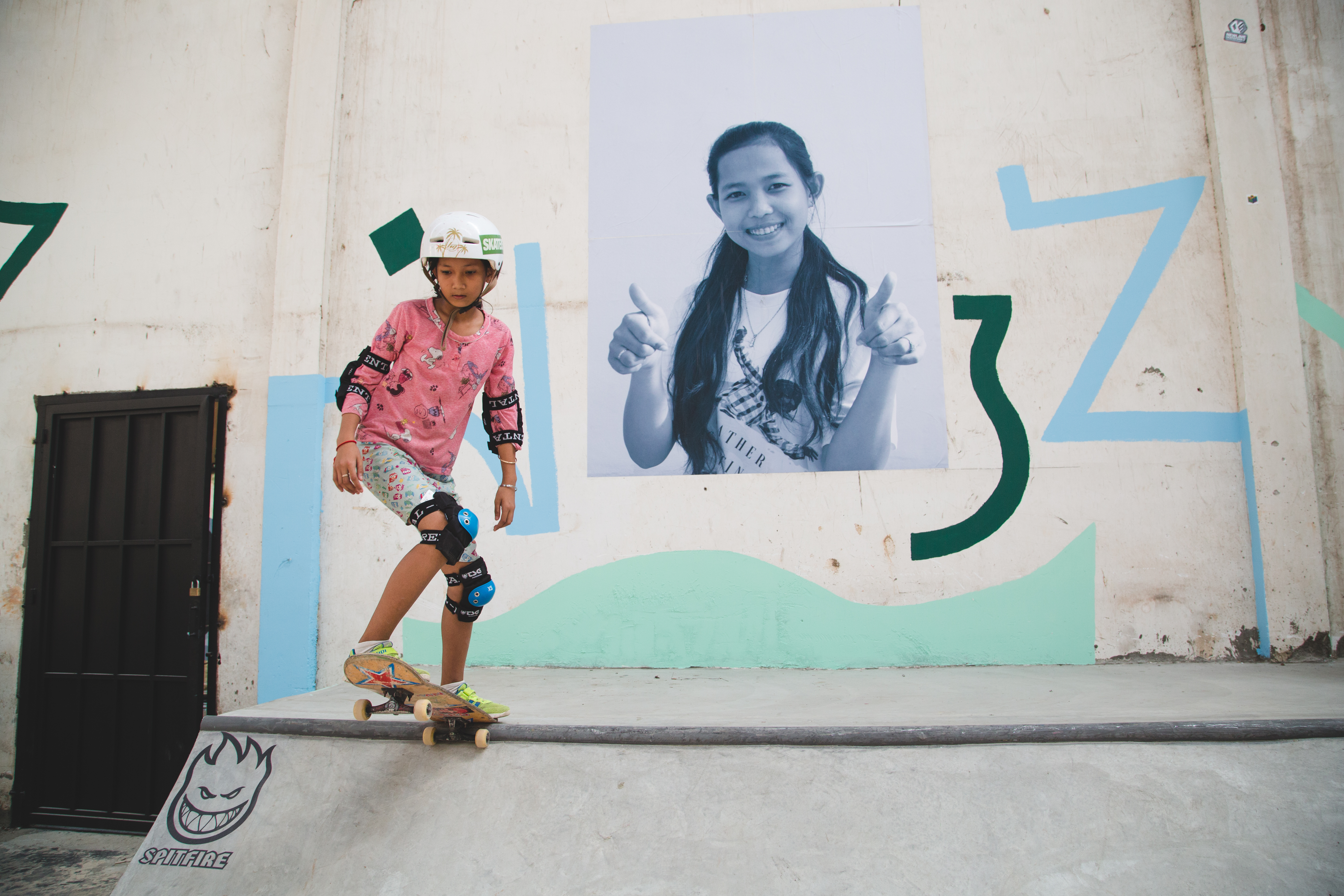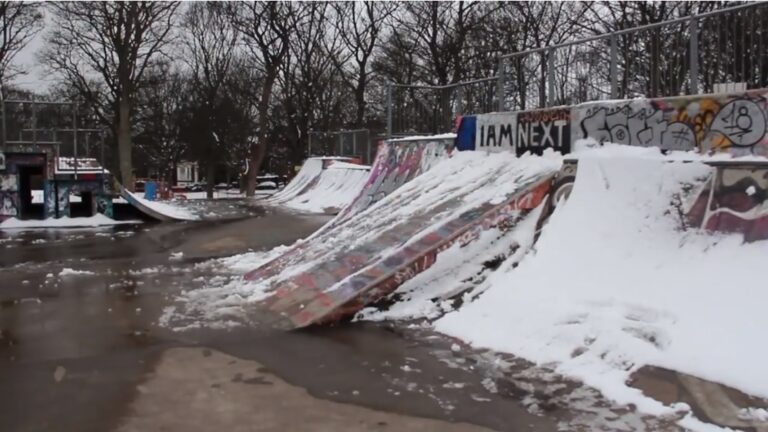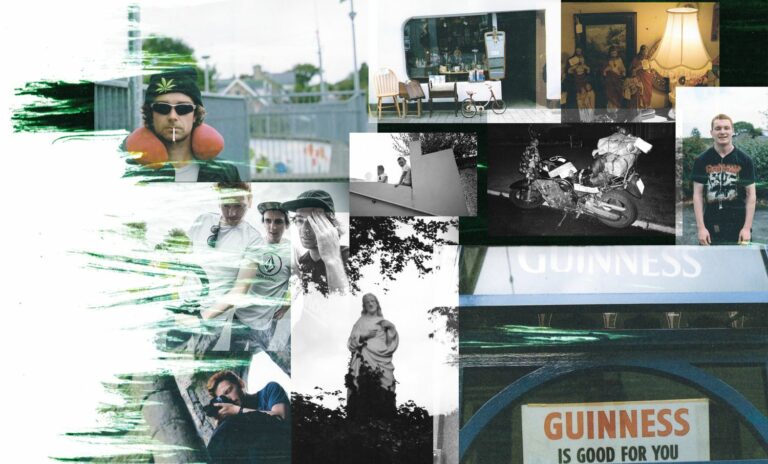The Skateistan Interview
All photos by Jeremy Meek
Last week we received a press release about the opening of Skateistan‘s new Skate School in Phnom Penh, with my attention being caught by a snippet stating that “240 children and youth are currently part of the programs…in Phnom Penh, of which 53% are girls.” With International Women’s Day just around the corner, I hit up Skateistan’s Hannah Bailey to find out about the work that the charity does with regards to empowering girls and women through the act of skateboarding.
Scroll down to read more about the good work the charity does in the Skateistan Interview, alongside checking out a collection of photos by Jeremy Meek chronicling the opening of their new Skate School in Cambodia’s capital Phnom Penh with special guests Mimi Knoop and Sky Brown. You can check out more about what the does charity via their website.
The Skateistan programmes are based in three countries – Afghanistan, Cambodia and South Africa. How did the planning for these originally come about?
Well Skateistan started out in 2008 in Kabul, Afghanistan – the idea sparked when founder Oliver Percovich realised he could connect skateboarding to educational opportunities for girls (and boys) in the country. He set out to find the funding to open the first Skate School in 2009 and a second location in Mazar-e-Sharif opened in 2012 – it was important to create these safe spaces, in particular for girls. The opportunities that Skateistan’s programs have given girls in Afghanistan is incredible and is one of the reasons the charity has made such a big impact. The need for similar opportunities elsewhere in the world was apparent and with skateboarding proving to be a tool to connect with youth, Skateistan opened in Cambodia and South Africa. We launched the most recent Skate School in Phnom Penh last month. Although we were at a previous site in the city (running since 2011), this new location will reach more low income children and get more girls skating. At the launch event girls skated first and Sky Brown and Mimi Knoop were there to join in the celebration. Globally over 50% of Skateistan’s students are girls, so that’s more than 900 girls skating at the Skate Schools each week. International Women’s Day is an important celebration for all of our students around the world with Skateistan empowering girls through skateboarding and education for 10 years now. We will be celebrating that milestone later in the year!
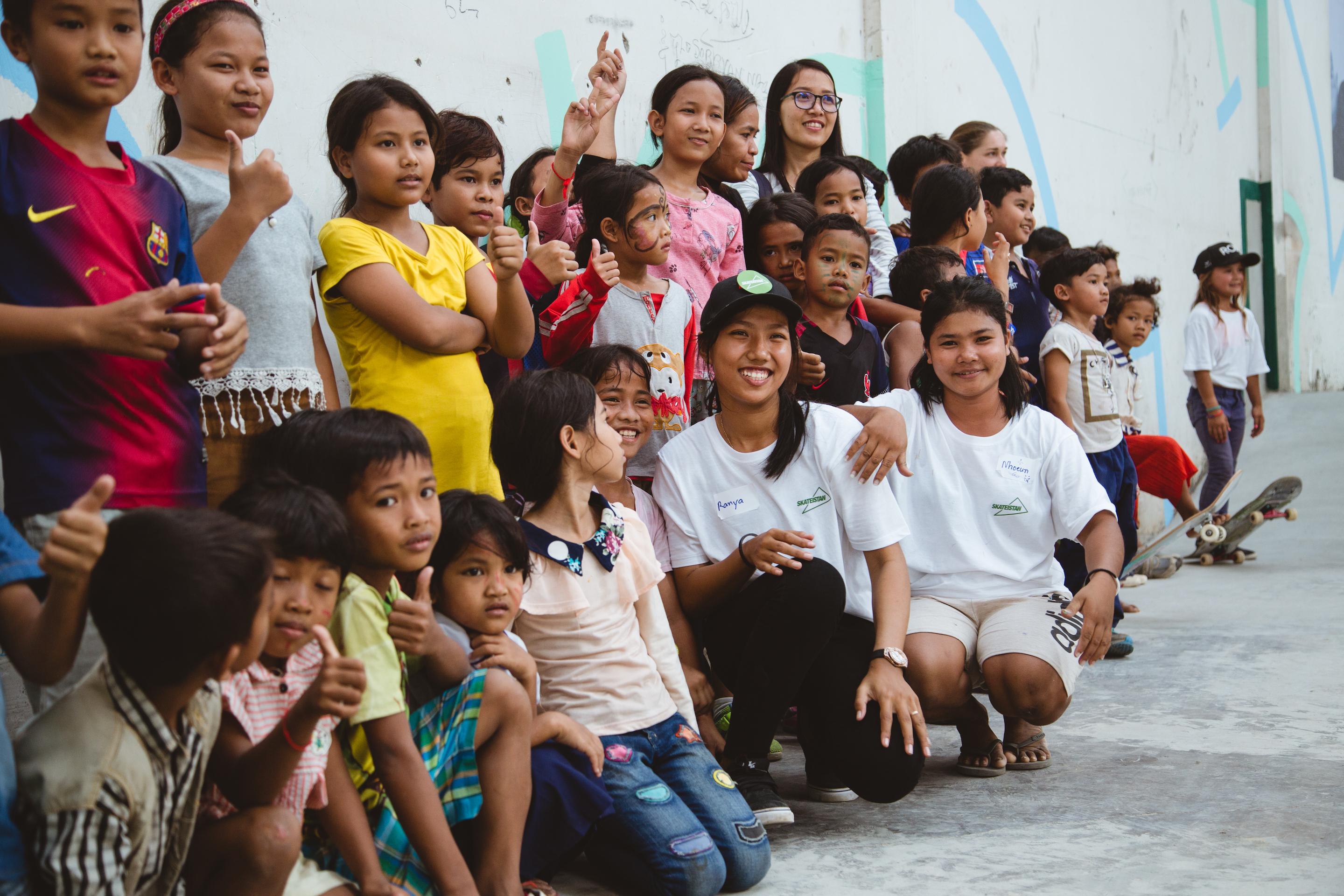
Particularly in the first two countries, skateboarding as it’s developed is not as stereotypically ‘gendered’ as it can be in other sports. How is it, do you think, that skateboarding has become such an equal opportunities pursuit in the countries you are involved in compared to other sports?
Skateistan didn’t set out to transport western skateboarding culture to the countries it works in, but let it evolve naturally and locally. In Afghanistan, there was no rules against girls skateboarding and so Skateistan was focused on creating spaces and programs that would enable participation. The organization has created a female-first environment, where girls can overcome numerous social barriers and benefit from equal access to opportunities in sports and education. For example, there are over 14 girls-only sessions at the Skate Schools worldwide each week and girls are given priority to use the boards at Outreach sessions. Taking these active steps to ensure the right environment for girls to take part in the programs and feel confident to skate has been key.
